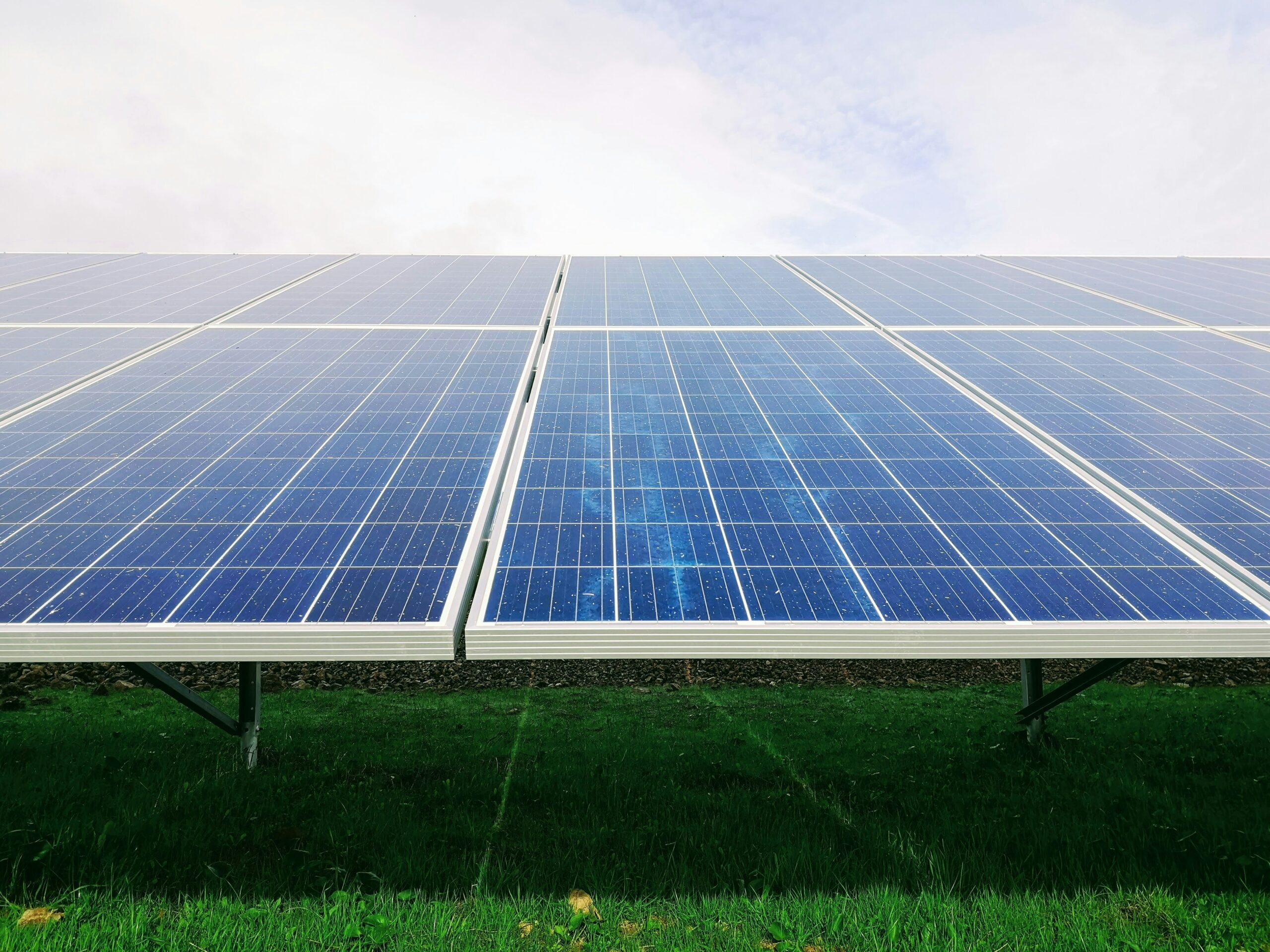Installing solar panels on your property is a great way to reduce your carbon footmark and save plutocrat on energy bills.
However, like any valuable investment, it’s important to protect your solar panels with the right insurance coverage. In this blog post, we will explore the different insurance options available for solar panels and help you make an informed decision.
1. Homeowner’s Insurance
One of the first options to consider is adding coverage for your solar panels to your existing homeowner’s insurance policy. Many insurance companies offer endorsements or riders specifically designed to cover solar panels. This option can provide protection against damage caused by events such as fire, theft, vandalism, or natural disasters.
It’s important to review your homeowner’s insurance policy and check if it already includes coverage for solar panels. If not, contact your insurance provider to discuss adding this coverage. Keep in mind that the cost of adding solar panel coverage to your homeowner’s insurance may vary depending on factors such as the value of your solar panels and your location.
2. Solar Panel Warranty
Most solar panel manufacturers provide warranties that cover the performance and durability of their products. These warranties typically range from 10 to 25 years and offer protection against defects in materials or workmanship. However, it’s important to note that solar panel warranties may not cover damage caused by events beyond the manufacturer’s control, such as severe weather or accidents.
Before purchasing solar panels, make sure to carefully review the warranty terms and conditions. Some warranties may offer additional coverage options for an extra fee, providing more comprehensive protection. It’s also a good idea to research the reputation and reliability of the manufacturer before making a decision.
3. Standalone Solar Panel Insurance
If you’re looking for more comprehensive coverage for your solar panels, you may consider standalone solar panel insurance. This type of insurance is specifically designed to cover solar panels and can provide protection against a wide range of risks, including damage, theft, and even the loss of income due to system downtime.

Standalone solar panel insurance policies often offer higher coverage limits and additional benefits compared to homeowner’s insurance endorsements. However, it’s important to carefully review the policy terms and conditions, including any exclusions or limitations. Additionally, consider obtaining multiple quotes from different insurance providers to ensure you’re getting the best coverage at a competitive price.
4. Liability Insurance
In addition to protecting your solar panels, it’s also important to consider liability insurance. Liability insurance can provide coverage in the event that someone is injured or their property is damaged as a result of your solar panels. This coverage can help protect you from potential lawsuits and legal expenses.
Liability insurance options may vary depending on your location and the specific requirements of your solar panel installation. It’s recommended to consult with an insurance professional who specializes in renewable energy to determine the appropriate level of liability coverage for your situation.
Conclusion
Investing in solar panels is a smart choice for both the environment and your finances. To ensure you’re fully protected, it’s important to consider the different insurance options available. Whether it’s adding content to your homeowner’s insurance, counting on solar panel guaranties, or carrying standalone insurance, taking the time to estimate your options will give you peace of mind knowing that your solar panels are defended.
Remember to review and compare different insurance policies, consider the specific coverage needs of your solar panel installation, and consult with insurance professionals when necessary. By doing so, you can enjoy the benefits of solar energy while minimizing potential risks.
